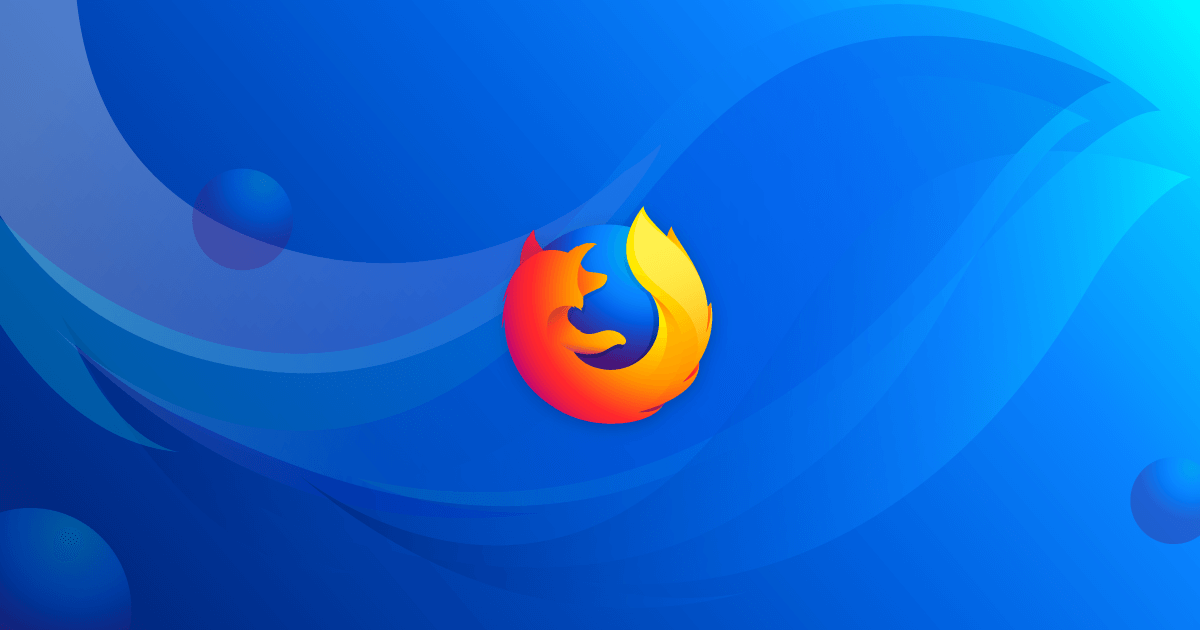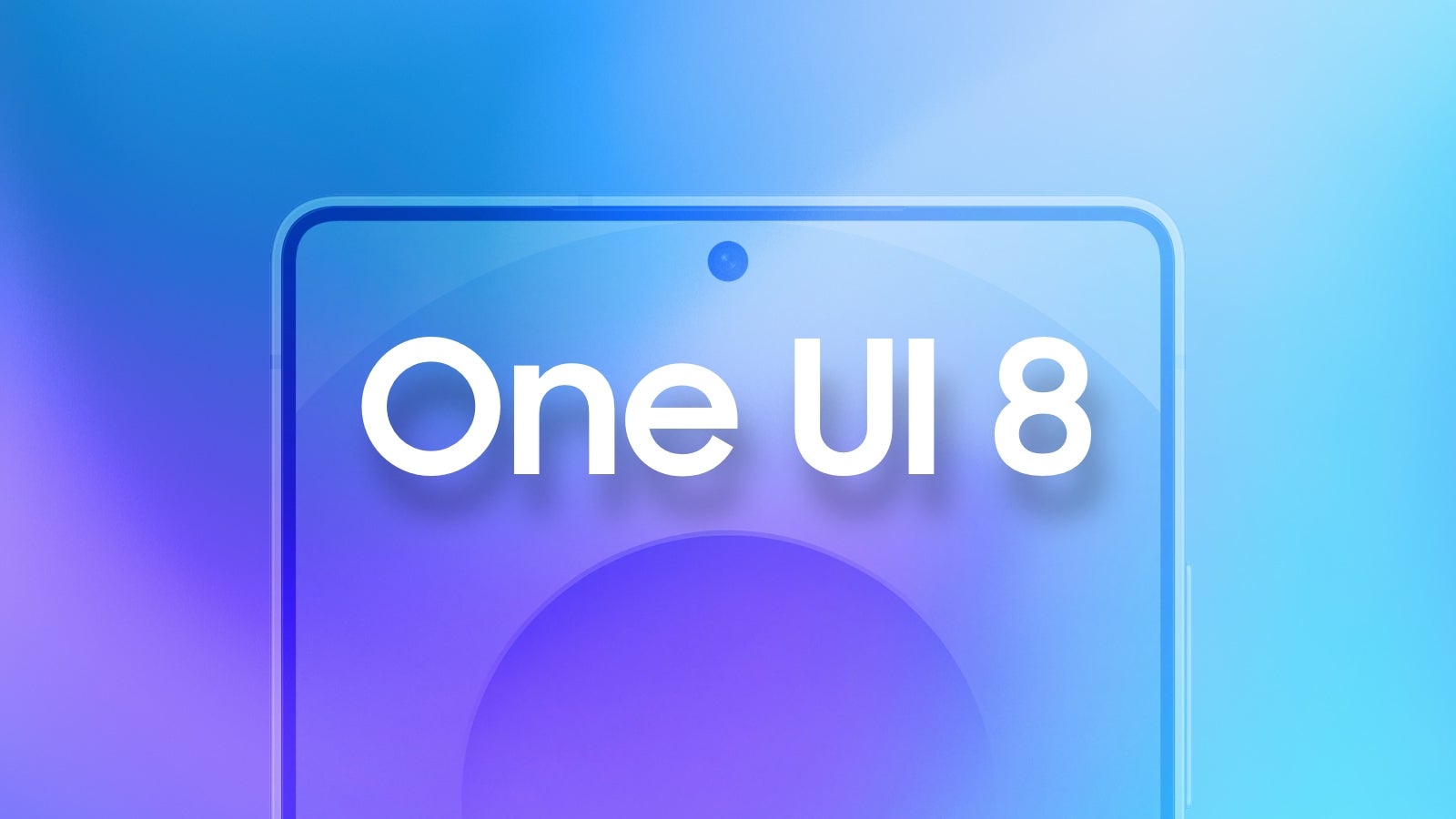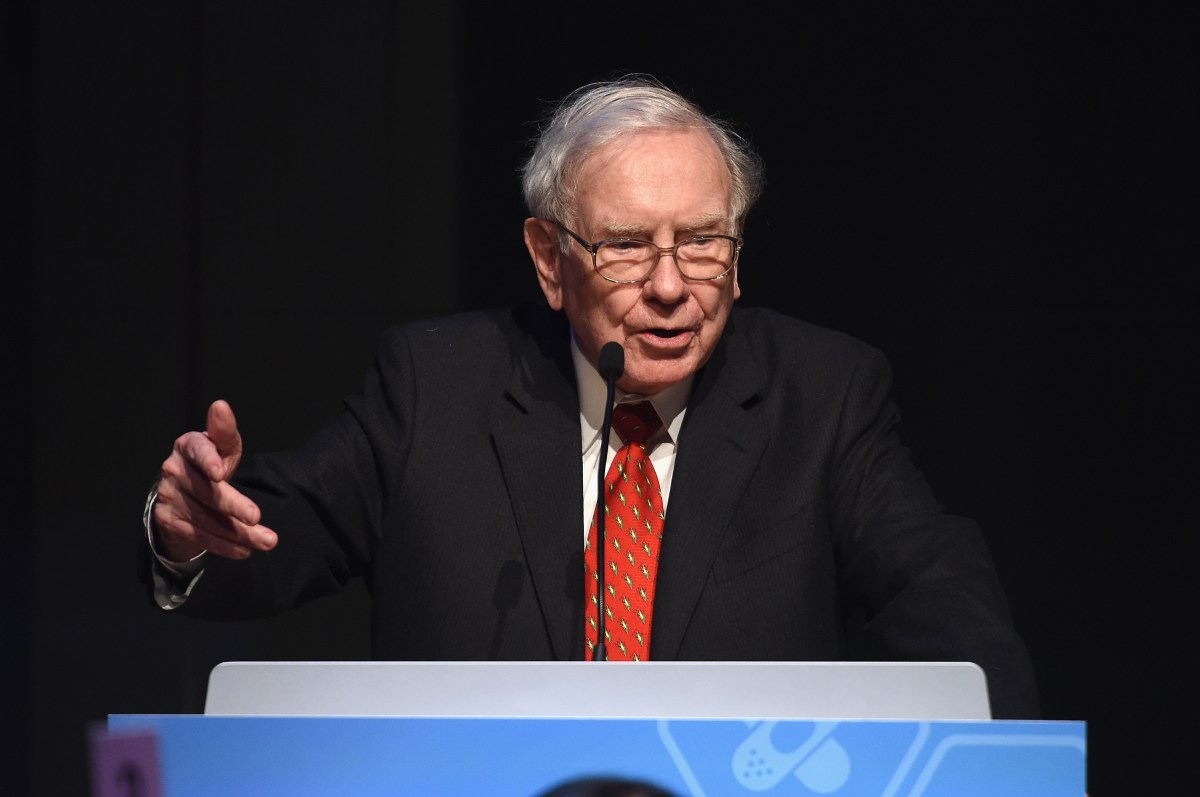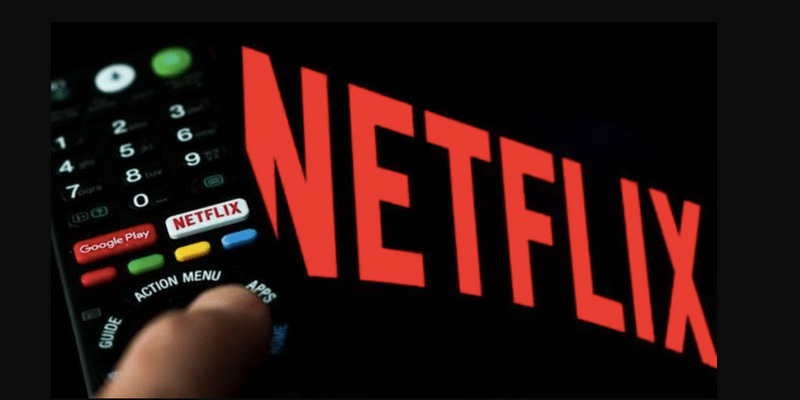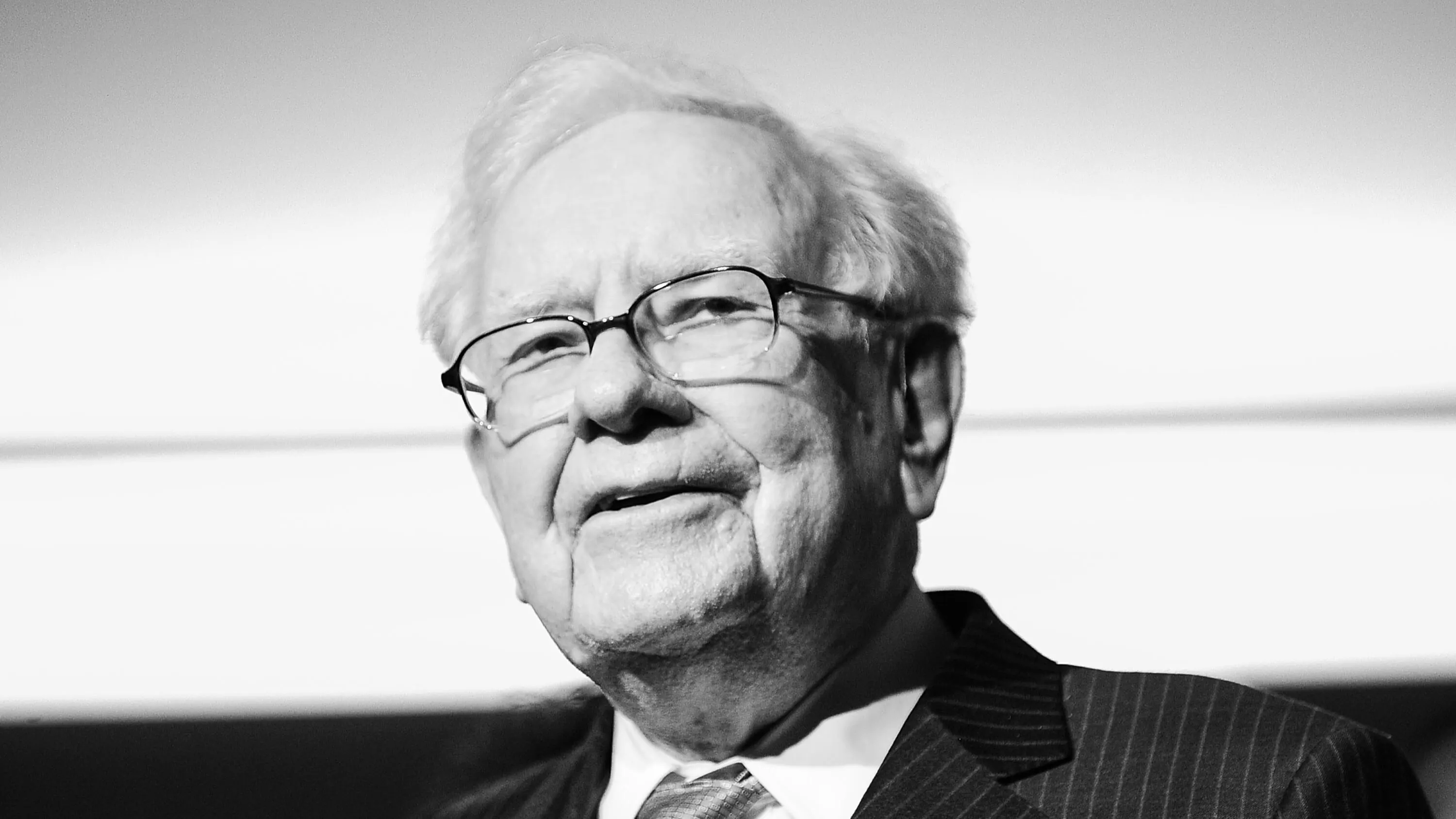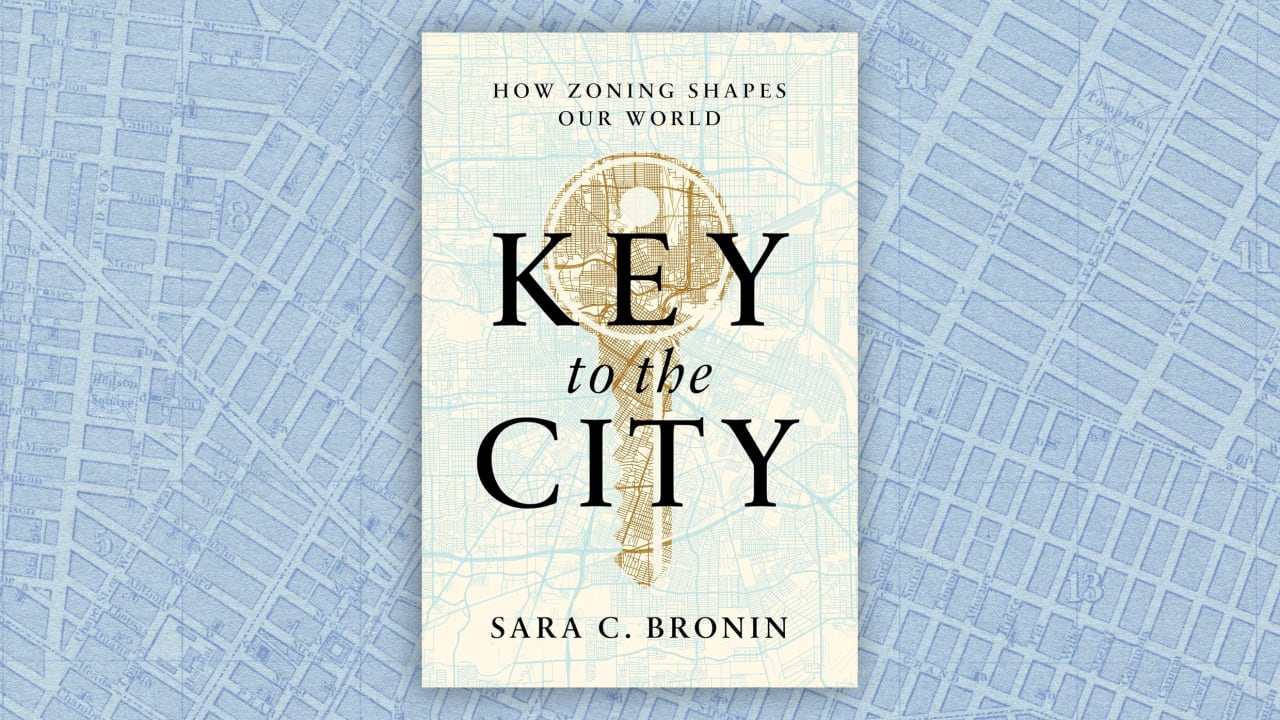Fragment: Revolutionizing Digital Commerce on Telegram – A New Era in Decentralized Trading
Abstract: Fragment is transforming digital commerce within the Telegram ecosystem by leveraging blockchain technology, cryptocurrency transactions, smart contracts, and unparalleled privacy features. This post explores Fragment’s core features, historical context, practical applications, challenges, and future innovations. With a deep technical overview, we also draw comparisons to traditional e-commerce systems and discuss the marketplace’s potential global impact. Along the way, we integrate authoritative references and additional perspectives from both License Token and Dev.to to offer a complete picture of this decentralized revolution. Introduction Digital commerce has rapidly evolved over the past decade, pushing boundaries with blockchain technology and decentralization. Enter Fragment, an innovative digital marketplace that integrates directly with Telegram to enable secure, privacy‐focused, and decentralized trading using cryptocurrencies – particularly the TON token. Fragment challenges traditional commerce by eliminating intermediaries and providing direct peer-to-peer transactions. In this post, we will explore the importance of Fragment and its potential to redefine the e-commerce landscape through a combination of robust security, smart contracts, and seamless integration with Telegram’s messaging functionalities. Fragment’s seamless Telegram integration not only simplifies the buying and selling process but also creates an experience where communication and commerce are closely intertwined. This powerful combination of messaging with decentralized payment solutions has attracted attention among enthusiasts, regulators, and traditional financial institutions alike. Background and Context Over the years, digital marketplaces have largely depended on centralized infrastructures where transaction fees, privacy concerns, and heavy regulation posed significant challenges. With the advent of blockchain technology, however, a new era of decentralized e-commerce has emerged. Fragment is an excellent example of this evolution. Historical Evolution Centralized vs. Decentralized Markets: Traditional online marketplaces are controlled by corporate authorities and are often associated with high fee structures, data privacy issues, and stubborn regulatory oversight. In contrast, decentralized platforms drive efficiency and innovation by leveraging smart contracts – automated agreements that assure transaction integrity. Blockchain Adoption: With resources like What is Blockchain, blockchain technology has redefined trust, security, and transparency in digital transactions. Its inherent characteristics of immutability and decentralization have paved the way for new marketplaces like Fragment. Telegram’s Role: Telegram itself has become a key communication platform. The integration of commerce on Telegram represents the convergence of secure messaging and financial transactions, making platforms like Fragment highly accessible. Ecosystem Definitions Cryptocurrency Transactions: Fragment utilizes a cryptocurrency – specifically TON – to secure transactions. This approach ensures that funds are transferred in a secure and anonymous manner. Smart Contracts: Acting as digital agreements, smart contracts automate processes and provide users a greater level of security. To learn more, consider this guide on smart contracts on blockchain. User Privacy: Fragment leverages Telegram’s robust encryption protocols to safeguard its users, a major advantage over traditional platforms. For further insights, see Fragment’s privacy approach. Core Concepts and Features Fragment represents a paradigm shift in digital commerce. Below, we detail its core features and how each contributes to an innovative trading experience. Cryptocurrency Transactions Secure Payments: Transactions are processed through cryptocurrencies, ensuring fast, secure, and transparent exchanges. Anonymity and Privacy: By using TON and blockchain validation, users maintain a high degree of anonymity, reducing the risks associated with centralized data storage. Telegram Integration Seamless User Experience: Integrated directly into the Telegram app, Fragment brings commerce into the messaging ecosystem. This unique blend of communication and commercial activity enhances user engagement. Instant Notifications: Users can communicate with sellers/buyers and receive real-time updates on transactions, making the platform agile. Decentralized Platform Blockchain-Powered: Fragment operates on a decentralized network, which makes it less vulnerable to hacking, censorship, or regulatory crackdowns. Transparency and Security: Transactions are recorded on the blockchain, ensuring that all trade activities are visible and immutable. Smart Contracts Automation: Smart contracts eliminate the need for intermediaries by automatically
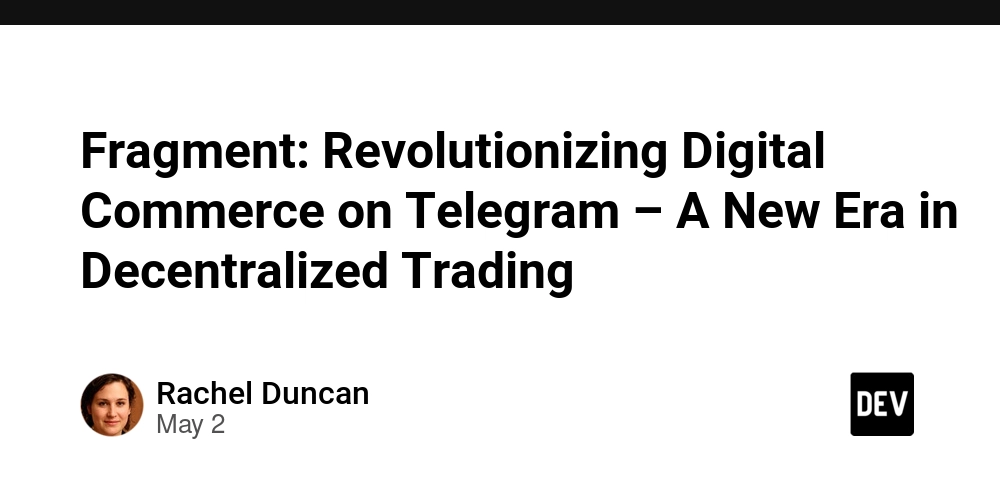
Abstract:
Fragment is transforming digital commerce within the Telegram ecosystem by leveraging blockchain technology, cryptocurrency transactions, smart contracts, and unparalleled privacy features. This post explores Fragment’s core features, historical context, practical applications, challenges, and future innovations. With a deep technical overview, we also draw comparisons to traditional e-commerce systems and discuss the marketplace’s potential global impact. Along the way, we integrate authoritative references and additional perspectives from both License Token and Dev.to to offer a complete picture of this decentralized revolution.
Introduction
Digital commerce has rapidly evolved over the past decade, pushing boundaries with blockchain technology and decentralization. Enter Fragment, an innovative digital marketplace that integrates directly with Telegram to enable secure, privacy‐focused, and decentralized trading using cryptocurrencies – particularly the TON token. Fragment challenges traditional commerce by eliminating intermediaries and providing direct peer-to-peer transactions. In this post, we will explore the importance of Fragment and its potential to redefine the e-commerce landscape through a combination of robust security, smart contracts, and seamless integration with Telegram’s messaging functionalities.
Fragment’s seamless Telegram integration not only simplifies the buying and selling process but also creates an experience where communication and commerce are closely intertwined. This powerful combination of messaging with decentralized payment solutions has attracted attention among enthusiasts, regulators, and traditional financial institutions alike.
Background and Context
Over the years, digital marketplaces have largely depended on centralized infrastructures where transaction fees, privacy concerns, and heavy regulation posed significant challenges. With the advent of blockchain technology, however, a new era of decentralized e-commerce has emerged. Fragment is an excellent example of this evolution.
Historical Evolution
- Centralized vs. Decentralized Markets: Traditional online marketplaces are controlled by corporate authorities and are often associated with high fee structures, data privacy issues, and stubborn regulatory oversight. In contrast, decentralized platforms drive efficiency and innovation by leveraging smart contracts – automated agreements that assure transaction integrity.
- Blockchain Adoption: With resources like What is Blockchain, blockchain technology has redefined trust, security, and transparency in digital transactions. Its inherent characteristics of immutability and decentralization have paved the way for new marketplaces like Fragment.
- Telegram’s Role: Telegram itself has become a key communication platform. The integration of commerce on Telegram represents the convergence of secure messaging and financial transactions, making platforms like Fragment highly accessible.
Ecosystem Definitions
- Cryptocurrency Transactions: Fragment utilizes a cryptocurrency – specifically TON – to secure transactions. This approach ensures that funds are transferred in a secure and anonymous manner.
- Smart Contracts: Acting as digital agreements, smart contracts automate processes and provide users a greater level of security. To learn more, consider this guide on smart contracts on blockchain.
- User Privacy: Fragment leverages Telegram’s robust encryption protocols to safeguard its users, a major advantage over traditional platforms. For further insights, see Fragment’s privacy approach.
Core Concepts and Features
Fragment represents a paradigm shift in digital commerce. Below, we detail its core features and how each contributes to an innovative trading experience.
Cryptocurrency Transactions
- Secure Payments: Transactions are processed through cryptocurrencies, ensuring fast, secure, and transparent exchanges.
- Anonymity and Privacy: By using TON and blockchain validation, users maintain a high degree of anonymity, reducing the risks associated with centralized data storage.
Telegram Integration
- Seamless User Experience: Integrated directly into the Telegram app, Fragment brings commerce into the messaging ecosystem. This unique blend of communication and commercial activity enhances user engagement.
- Instant Notifications: Users can communicate with sellers/buyers and receive real-time updates on transactions, making the platform agile.
Decentralized Platform
- Blockchain-Powered: Fragment operates on a decentralized network, which makes it less vulnerable to hacking, censorship, or regulatory crackdowns.
- Transparency and Security: Transactions are recorded on the blockchain, ensuring that all trade activities are visible and immutable.
Smart Contracts
- Automation: Smart contracts eliminate the need for intermediaries by automatically executing agreements once conditions are met.
- Reliability: These contracts ensure that transactions occur in a trustless environment, reducing delays and disputes.
Privacy and Security
- End-to-End Encryption: Telegram’s encryption protects all communications, making it challenging for unauthorized entities to intercept data.
- User Control: With a focus on privacy, users control their financial data and transaction details without exposing sensitive information to third parties.
Table: Key Features of Fragment
| Feature | Description | Benefits |
|---|---|---|
| Cryptocurrency Transactions | Uses TON and other digital currencies for securely processing payments. | Fast, anonymous, and secure transactions. |
| Telegram Integration | Seamlessly merges messaging and trading within Telegram. | Enhanced user experience and reduced friction. |
| Decentralized Platform | Operates on a blockchain network ensuring transparency and reduced censorship. | Increased trust, security, and innovation. |
| Smart Contract Automation | Executes digital contracts automatically without intermediaries. | Reduced transaction costs and improved efficiency. |
| User Privacy and Security | Leverages Telegram's encryption and privacy features. | Maximizes user control over personal data. |
Applications and Use Cases
Fragment’s technology is not limited to individual consumers; it has many practical applications across various sectors. Here are some examples that demonstrate its potential:
E-commerce for Digital Goods
- Example: Digital art, collectibles, and NFTs are traded on Fragment using cryptocurrency transactions. The platform’s integration with Telegram simplifies communication between creators and buyers. This has already been popular in digital art circles – similar innovations are discussed in Fragment Telegram and NFT.
- Benefit: Reduced intermediaries and commissioning fees coupled with secure transactions empower digital creators and bring new audiences to their works.
Peer-to-Peer Services
- Marketplace Services: From freelance coding and graphic design to digital marketing services, Fragment hosts a variety of peer-to-peer transactions. Smart contracts ensure each service agreement is honored automatically.
- Flexible Payment Systems: Crypto payments offer global access to underserved regions, enabling microtransactions without traditional banking restrictions.
Global Trade and Access
- Emerging Markets: In regions where traditional digital commerce infrastructures are lacking, a decentralized marketplace like Fragment provides a way to participate in global trade. For deeper context on regulatory challenges, see Fragment’s Legal Aspects.
- Secure Cross-Border Payments: With blockchain, the platform allows faster settlement of international transactions and reduces reliance on traditional intermediaries.
Bullet List: Practical Use Cases of Fragment
- Digital Art Exchange: Facilitates NFT and digital collectible sales.
- Freelance Market: Supports peer-to-peer services like programming, design, and consultation.
- Global Trade Enabler: Provides a secure marketplace for users in emerging economies.
- Event Ticketing: Could be adapted for secure and verifiable ticket sales for events.
- Crowdfunding Initiatives: Enables community-driven funding projects with smart contract-based distribution.
Challenges and Limitations
While Fragment is pioneering for digital commerce, it also faces several challenges, both technical and adoption-related.
Regulatory and Legal Hurdles
- Legal Compliance: The decentralized nature of the platform, while innovative, also poses regulatory challenges. Legal frameworks for cryptocurrencies vary by country, and Fragment must navigate this complex regulatory environment. For enhanced context, see the article on Fragment Telegram Legal Aspects.
- Trust and Oversight: With no central authority, users must place trust in smart contracts and the underlying blockchain—a concept that remains foreign to many traditional buyers.
Technical and Security Concerns
- Scalability: As more users adopt the platform, scalability may become an issue. Although blockchain offers robust security, high transaction volumes could lead to delays or increased fees.
- Smart Contract Risks: While smart contracts reduce human error, they are only as secure as their code. Vulnerabilities or bugs in the smart contracts used on the platform could lead to unforeseen security risks.
- Integration with Telegram: Although Telegram provides a secure messaging layer, integrating financial transactions means that any changes in Telegram’s protocols might affect Fragment’s operational stability.
Adoption Barriers
- Cryptocurrency Familiarity: A significant portion of the global population remains unfamiliar with cryptocurrency transactions. Educating potential users and ensuring a smooth transition from conventional commerce methods is crucial.
- User Interface: For mainstream adoption, the interface must remain user-friendly even as the technology under the hood remains sophisticated.
Table: Key Challenges Facing Fragment
| Challenge | Description | Potential Impact |
|---|---|---|
| Regulatory Complexity | Navigating differing legal environments across countries. | Limits of market expansion and user trust issues. |
| Scalability Concerns | High volume transactions can stress the underlying blockchain network. | Potential delays and increased transaction costs. |
| Smart Contract Security | Vulnerabilities in contract code can be exploited by malicious parties. | Loss of funds and damage to platform reputation. |
| User Adoption Hurdles | Limited familiarity with cryptocurrency and blockchain-based platforms among general users. | Slower user growth and potential hesitancy to switch platforms. |
Future Outlook and Innovations
Fragment’s journey is only beginning. Despite the challenges, its innovative approach to decentralized digital commerce promises huge potential for growth and expansion.
Feature Expansion
- Integrating AI: Future updates may include artificial intelligence capabilities to help users navigate the marketplace, personalize listings, or detect fraudulent activities.
- Diverse Payment Options: With the possibility of adding more cryptocurrencies and payment methods, Fragment could further lower barriers for users worldwide.
- Enhanced Smart Contracts: Upgraded contract protocols, perhaps inspired by developments in smart contracts on blockchain, will continue to embolden user trust and efficiency.
Global Market Penetration
- Expanding Reach: With Telegram’s extensive user base, Fragment has the potential to serve global communities, especially in emerging markets where traditional e-commerce may be limited.
- Inspiration for Similar Platforms: Fragment’s model could catalyze the creation of other decentralized marketplaces, leading to a broader revolution in digital commerce.
- Interoperability with Other Ecosystems: Future innovations may enable Fragment to work interchangeably with other blockchain systems and digital platforms, increasing both user accessibility and functionality.
Innovation from the Community
Developers and early adopters are already exploring related innovations. In the open-source realm, discussions such as Open Source Licensing Challenges During the Trump Era provide insights into how decentralized models are reshaping technology governance and funding. Other articles – like Funding Open Source Innovation and Web3 Open Source Funding vs. Fair Code NFT Licensing – further explore how blockchain and decentralization are influencing sustainable technological development.
Future Table: Predicted Innovations in Fragment
| Innovation | Description | Expected Benefit |
|---|---|---|
| AI Integration | Use of AI for personalized recommendations and fraud detection. | Improved user experience and enhanced security. |
| Multi-Cryptocurrency Support | Accepting various digital currencies beyond TON. | Greater inclusivity and broader market reach. |
| Interoperable Platforms | Linkage with other blockchain-based systems and marketplaces. | Seamless cross-platform transactions. |
| Enhanced Smart Contracts | Upgraded contract security through community audits and AI testing. | Reduced risks and higher efficiency. |
| User-Interface Improvements | Refined UX design integrated with Telegram’s evolving features. | Increased adoption and smoother transactions. |
Summary
Fragment is at the forefront of a new wave in digital commerce. By integrating blockchain technology and Telegram’s robust messaging platform, it creates an ecosystem where cryptocurrency transactions, smart contracts, and enhanced user privacy come together. Fragment challenges traditional e-commerce models by offering lower transaction fees, enhanced security, and accessibility on a global scale.
Key Takeaways:
- Fragment integrates with Telegram to provide a decentralized and secure marketplace.
- Cryptocurrency transactions using TON ensure anonymity and swift payments.
- Smart contracts automate the trading process, reducing reliance on intermediaries.
- User privacy is paramount, thanks to Telegram’s encryption and decentralized design.
- Despite regulatory, technical, and adoption challenges, Fragment offers promising avenues for expansion and innovation.
As digital commerce continues to evolve, platforms like Fragment represent significant strides toward a decentralized future. Whether you are a developer, entrepreneur, or digital consumer, the technological advances in Fragment herald a more secure, transparent, and efficient way to trade in today’s digital age.
For a detailed look into Fragment’s digital commerce revolution, read the original article on Fragment Telegram Marketplace.
Conclusion
Fragment is not just an incremental upgrade to existing digital marketplaces—it is a revolutionary rethinking of how commerce can be conducted in a decentralized, global, and privacy-focused manner. With a growing ecosystem backed by strong blockchain fundamentals and Telegram’s expansive network, the future of digital commerce looks decisively open and innovative.
As we’ve explored in this post, the platform addresses many modern requirements: security, speed, transparency, and accessibility, all while pushing the boundaries of what decentralized finance can offer. Though challenges lie ahead in regulatory and user-adoption arenas, the innovations promised by Fragment and its integration with cutting-edge technology suggest that this is only the beginning of a lasting digital transformation.
The journey of digital commerce is evolving, and with platforms like Fragment, the future is decentralized.
Additional Resources and Related Reads:
- Telegram Official Site
- TON Cryptocurrency
- What is Fragment on Telegram
- Fragment Telegram and Privacy
- Fragment Telegram Legal Aspects
For further reading on open-source funding and decentralized innovation, check out these insightful articles from the Dev.to community:
- Open Source Licensing Challenges During the Trump Era
- Funding Open Source Innovation: Empowering Sustainable Maintenance and Development
- Web3 Open Source Funding vs. Fair Code NFT Licensing: A Deep Dive
By understanding these technological shifts and engaging with the community, stakeholders can better navigate the future of digital commerce. The convergence of blockchain, messaging, and digital finance is here to stay—paving the way for new paradigms, opportunities, and global collaboration.


















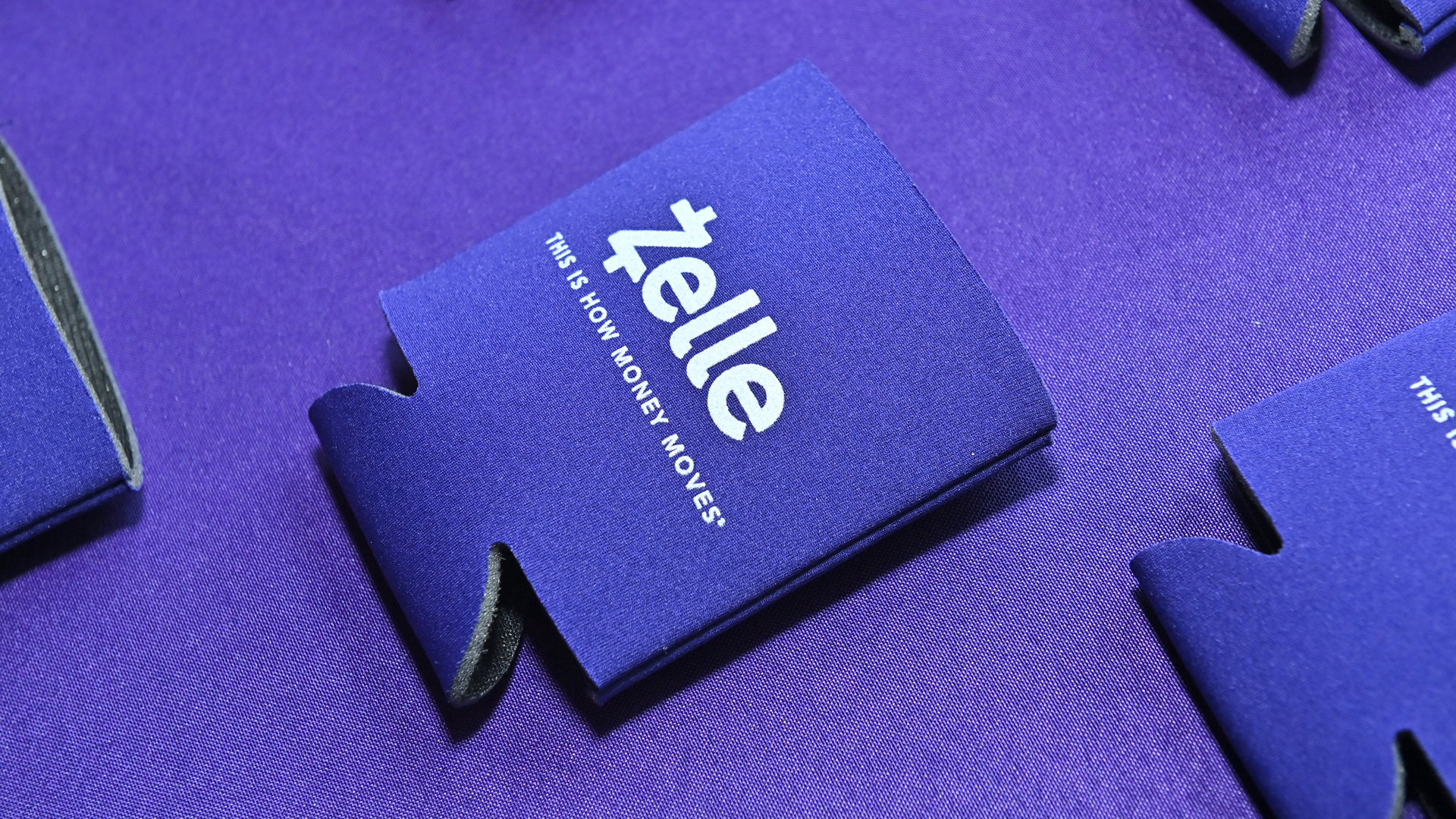


















































































































































![[The AI Show Episode 145]: OpenAI Releases o3 and o4-mini, AI Is Causing “Quiet Layoffs,” Executive Order on Youth AI Education & GPT-4o’s Controversial Update](https://www.marketingaiinstitute.com/hubfs/ep%20145%20cover.png)













































































































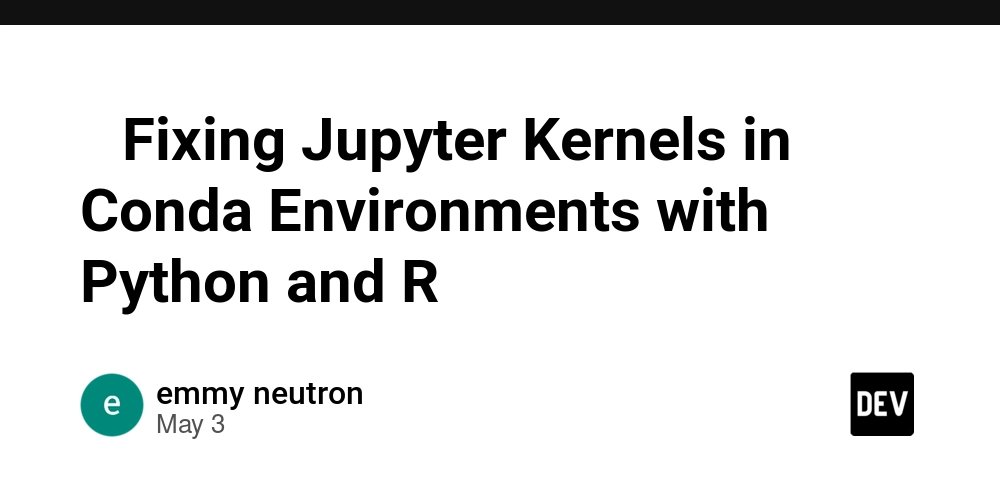
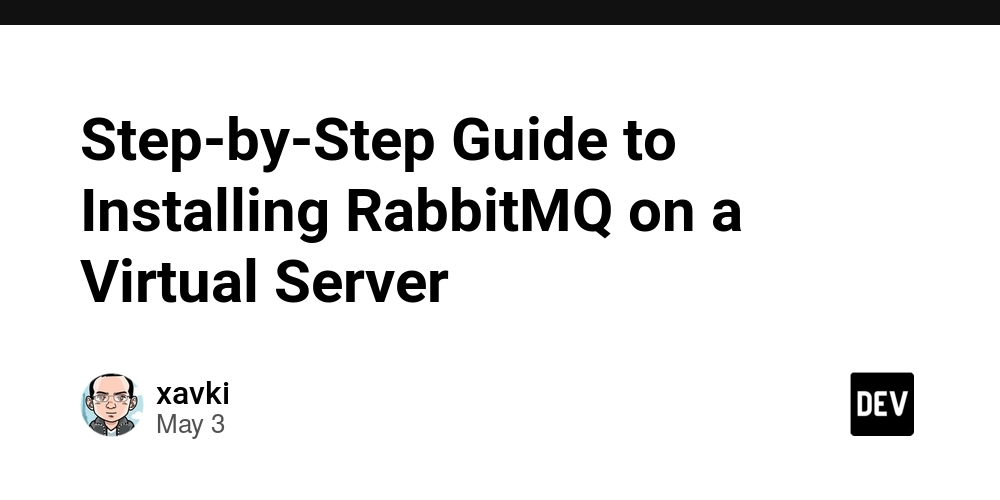














![[FREE EBOOKS] Learn Computer Forensics — 2nd edition, AI and Business Rule Engines for Excel Power Users & Four More Best Selling Titles](https://www.javacodegeeks.com/wp-content/uploads/2012/12/jcg-logo.jpg)





![From Art School Drop-out to Microsoft Engineer with Shashi Lo [Podcast #170]](https://cdn.hashnode.com/res/hashnode/image/upload/v1746203291209/439bf16b-c820-4fe8-b69e-94d80533b2df.png?#)






































































































(1).jpg?#)




















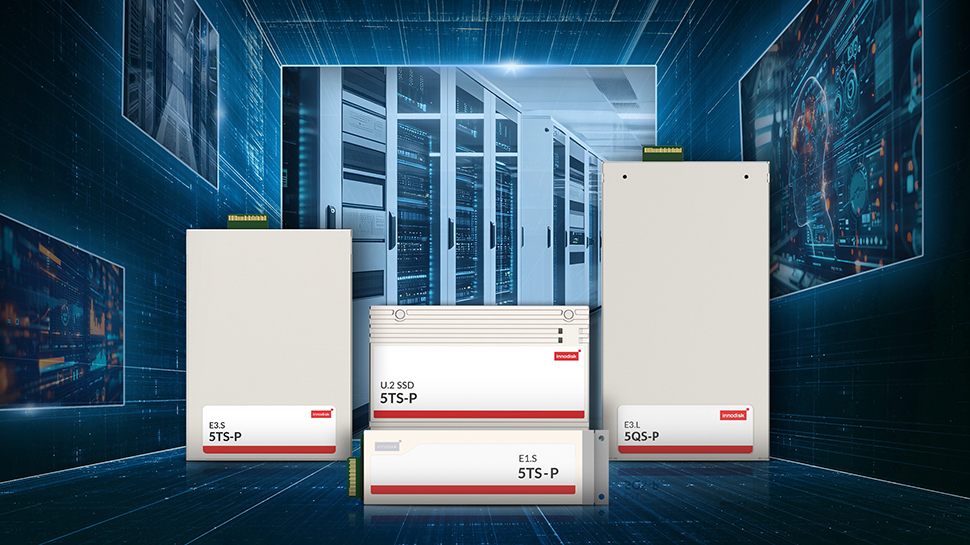











_Inge_Johnsson-Alamy.jpg?width=1280&auto=webp&quality=80&disable=upscale#)






























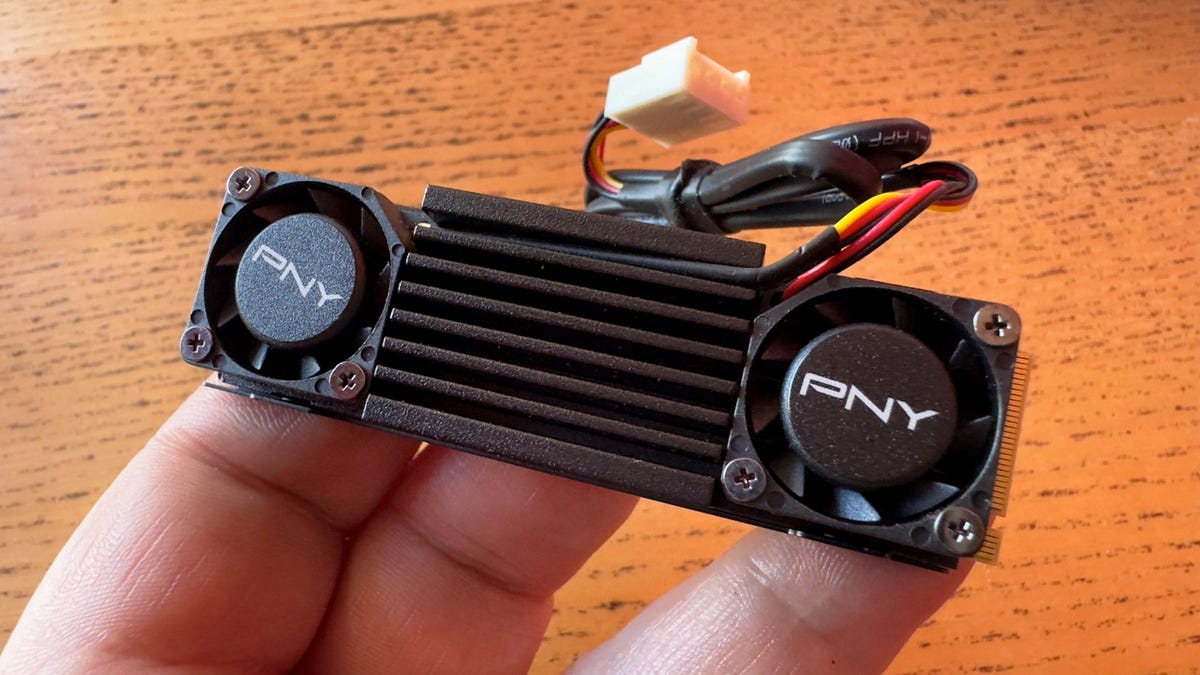


























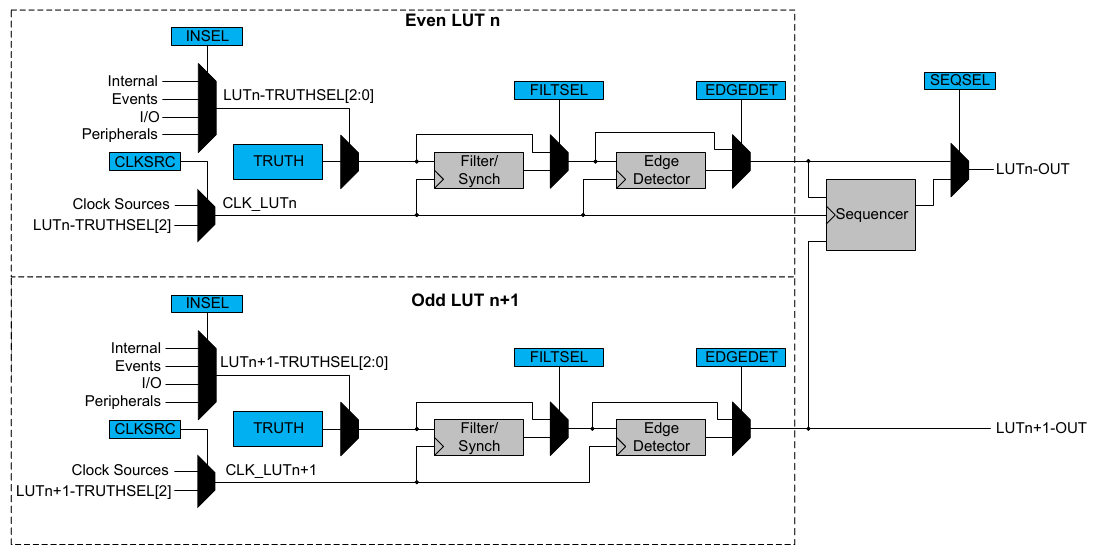

























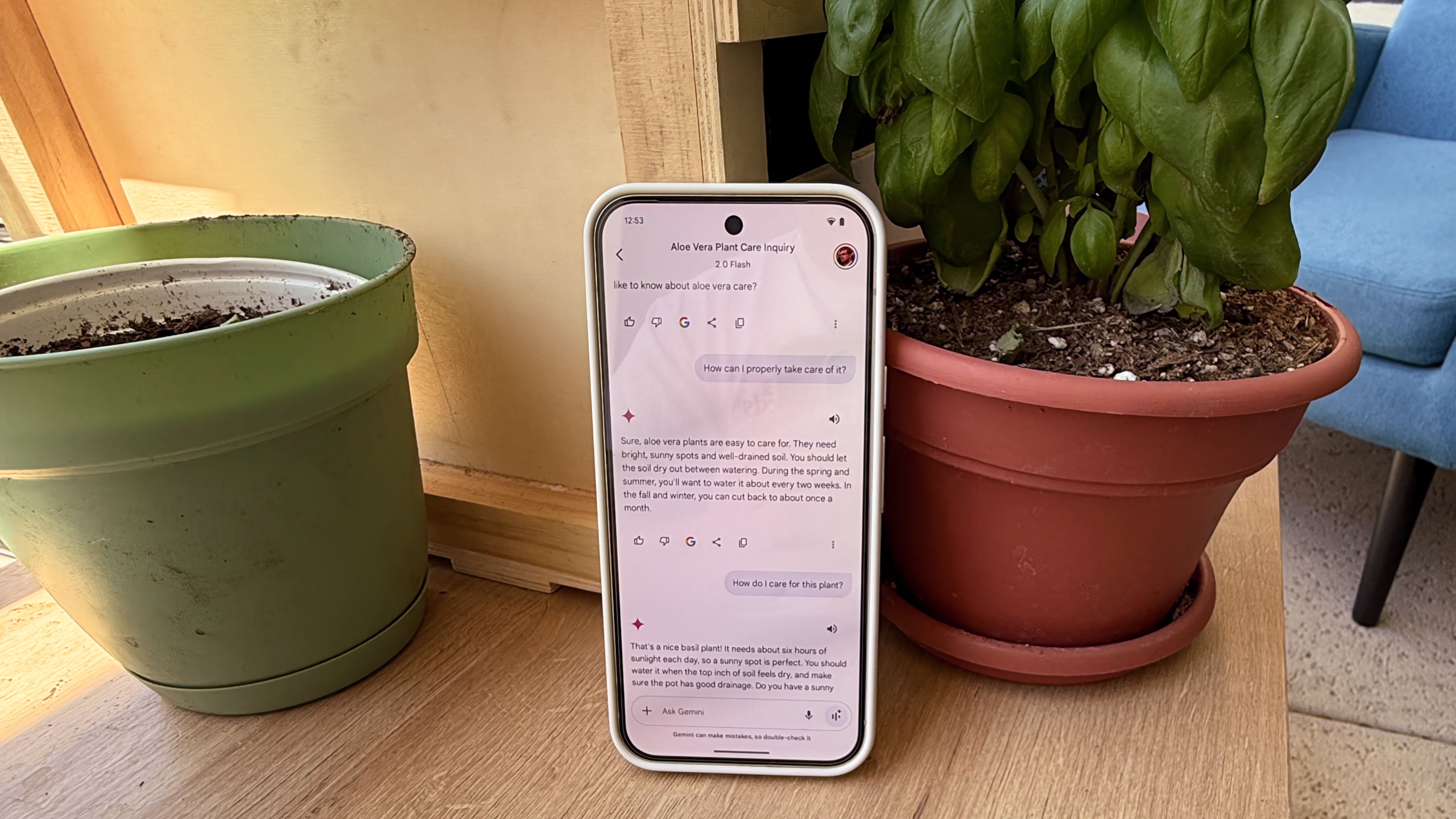

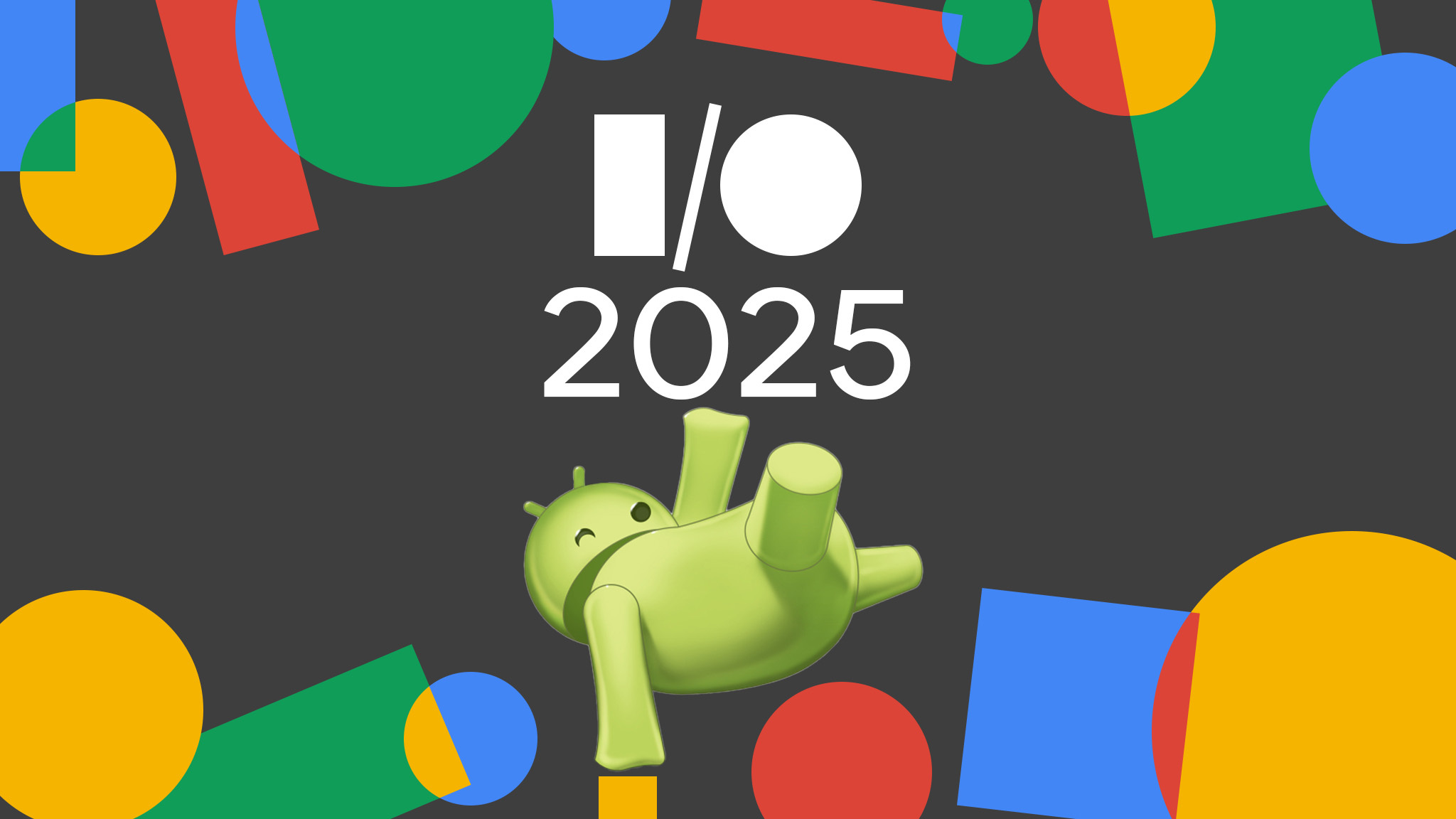


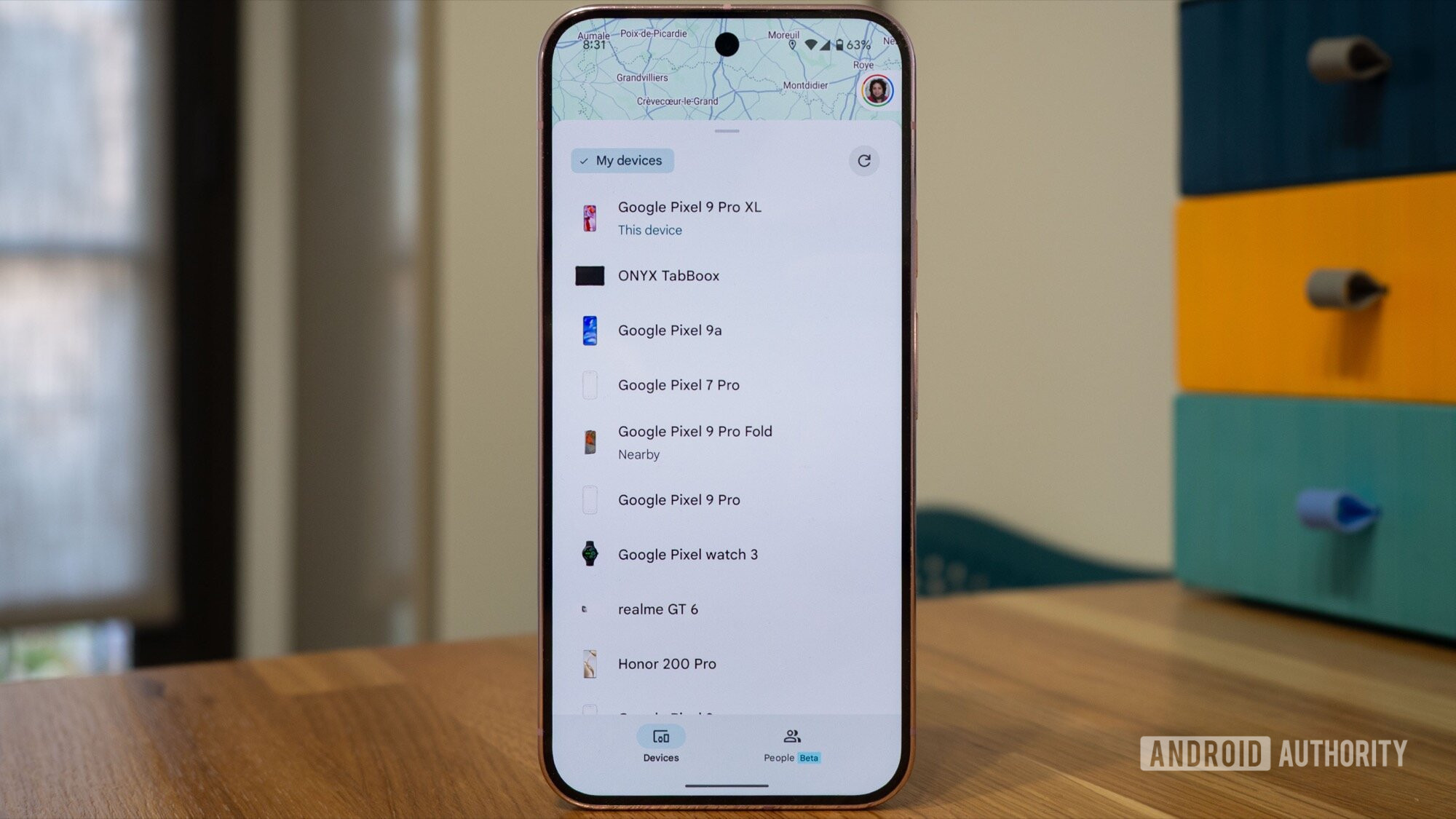


















![Apple to Split iPhone Launches Across Fall and Spring in Major Shakeup [Report]](https://www.iclarified.com/images/news/97211/97211/97211-640.jpg)
![Apple to Move Camera to Top Left, Hide Face ID Under Display in iPhone 18 Pro Redesign [Report]](https://www.iclarified.com/images/news/97212/97212/97212-640.jpg)
![Apple Developing Battery Case for iPhone 17 Air Amid Battery Life Concerns [Report]](https://www.iclarified.com/images/news/97208/97208/97208-640.jpg)
![AirPods 4 On Sale for $99 [Lowest Price Ever]](https://www.iclarified.com/images/news/97206/97206/97206-640.jpg)










































